Moire is a special type of treatment in a fabric that is given a pattern that has a watered look. But what is moire fabric? In this context, we will know about Moire Fabric and its Characteristics which make it a unique fabric.
Table Of Contents
What is Moire Fabric
Moire is a fabric made by compressing the grain, giving it the illusion of shimmering reflections spread across little waves. It is commonly used in the wedding dresses, evening gowns, footwear, handbags, belts, and headgear.
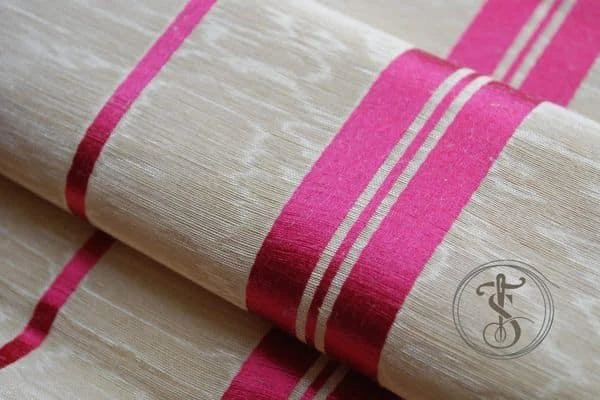
By regulating the degree of crushing, moire fabric finishing is often created by using silk fabric as a foundation, which produces a deep luster or dull finish. The result is a fabric with a shimmering appearance that may be activated by brushing the strands in either direction to create a rippling or wavy pattern.
History
Lyon, the birthplace of this "magic" cloth, was formerly a center of French aristocracy because of its refined procedure. Royal palaces in the 1700s often featured the lavish fabric moire, which was also widely used to create fashionable garments for both sexes.
To create this fabric, the moire pattern was imbued into silk and other textiles with strong fiber systems. In the past, this cloth was thought to be very innovative and crucial. In the 1850s, Charles Frederick Worth was a prominent English fashion designer. He became well-known for creating the embroidered moire cloth worn by court women.
He eventually earned the title of "courtier" in the French royal court. Flags of the Azerbaijani Republic, which date back centuries, are crafted from this material. Not only that, but the Baroque period also saw the introduction of moire cloth as a drapery alternative.
Types
Moire Fabric may be divided into 2 categories.
Dense thromoir:
It is composed of high-quality silk; this canvas allows for the creation of subtle optical prints with vibrant, eye-catching tones. Clothes and ribbons for the royal palace were created from such material in the past.
Moire-antique:
The finer matter that accumulates in excess volume is known as moire-antique. Fibers for this fabric are crushed using an offset in a particular process. This method allows for creating a volumetric decoration on the fabric's surface in addition to a gradient matte overflow.
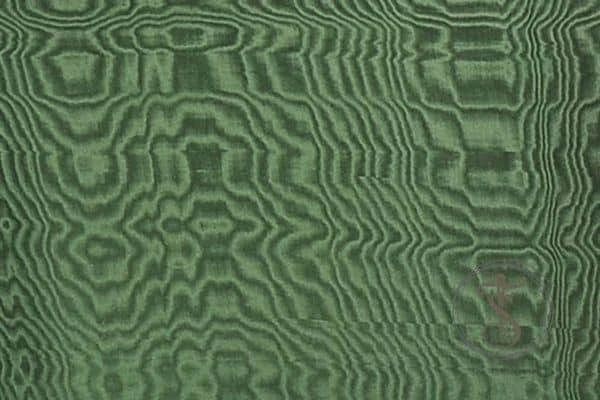
It is common practice to utilize this method to construct expressive stains and to paint a canvas with a gradual gradation from dark to bright. Dresses made from this fabric can easily be considered formal wear. Its modern use is making elegant curtains that seem right at home in homes decorated in a traditional moire style.
What is Moire Fabric Made of?
Moire fabric is made by using a finishing method on a piece of woven fabric. It has a wavy appearance, and it is usually made of silk but is also produced from wool, cotton, rayon, and other materials. Moire fabric is made by using a finishing method on a piece of woven cloth.
Crushing the fabric's grain produces moire, which gives the impression of shimmering reflections spread across little waves. It is multipurpose since it may be worn and displayed as home decor. It offers several advantages over other materials due to its texture and durability.
Moire fabric Manufacturing process is similar to a treatment that gives any material a fluid, wavelike quality. This process is typically used on silk clothing to give it a smooth, wavy, water-like appearance. This process is also applied to textiles other than silk, such as rayon, wool, cotton, and synthetic fibers.
Although silk is traditionally used to make moire, other fabrics like wool and cotton can also be utilized. Trevira, a polyester fiber resistant to flame, is used nowadays because it prevents warping and requires less upkeep than older versions.
Moire Manufacturing Process
There are two different ways to complete a moire manufacturing process. Known as "moire Anglaise" and "moire antique," true moire is created through the solely physical process of calendering. Calendering involves folding the fabric in half lengthwise with the right side facing in and the two selvages directly adjacent.
Rollers with ribs on them create the watermark effect needed to make moire. The fabric is made smoother and shinier by the rollers. In addition to high heat and pressure, the fabric is frequently dampened before being fed through the rollers.
Through localized compression and flattening of the warp and filler threads, a surface is created that reflects light differently, giving the fabric a distinctive sheen. The weft threads are also shifted somewhat.
Unique Characteristics
Although the moire itself is a pattern and not material, the most characteristic form of the style may be seen on tafetta or faille made of silk, acetate, rayon, nylon, or polyester.
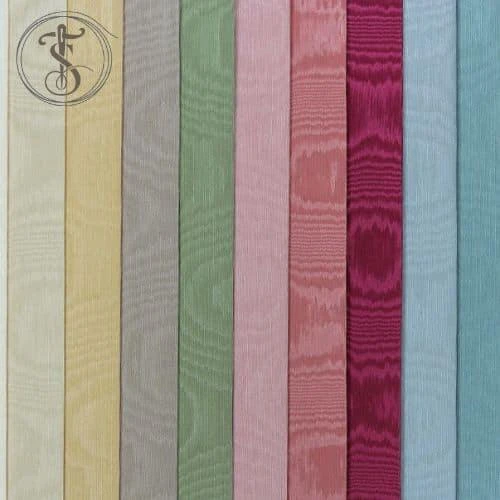
|
Nature |
Characteristics |
|
Feels |
|
|
When contact with water |
Causes staining |
|
Effects |
Watered effect |
Moire fabric has basic characteristics are as following:
- The durable and ribbed textures of the textiles used to create moire patterns make them ideal for use in this application.
- When exposed to water, the fabric takes on a dirty appearance.
- Fabrics shine because the incident light is reflected by the observer.
- It's smooth like paper and shiny on the outside.
Applications
As a decorative fabric for home furnishings, moire adds a sense of class to any room. The more fabric works wonderfully for making silk panels for formal and wedding dressings. When used to cover screen panels, chair seats, or even as fabric for wall coverings, the material creates a bold statement.
For a long time, using bedspreads made of moire was an inexpensive method to upgrade the look of any bedroom set. Among the most flexible materials, it may be used for a wide variety of purposes. More examples of where moire fabric can be put to use:
- It's put to use in the creation of upholstered furniture and decorative drapery.
- Sometimes expensive flags are made from it.
- Jewelry boxes, caps, clutches, books, handbags, and even coffins have been lined with the material.
- Dresses and other formal wear are made from it.
Conclusion
The dazzling shimmer of moire fabric can make even the most understated evening dresses sparkle. It can be worn or used as a decorative accent in the home. It's worth adding to your collection because of its classy feel. We hope you've learned something new about moire cloth and found this post helpful.



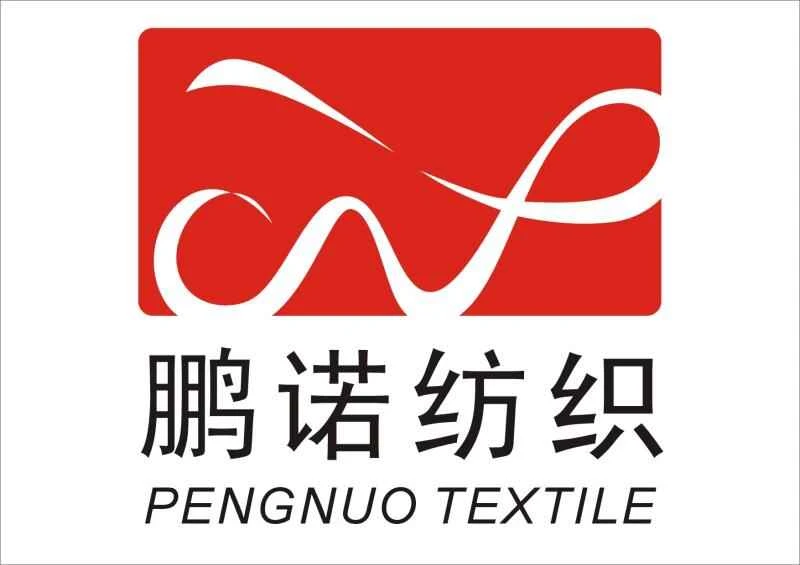

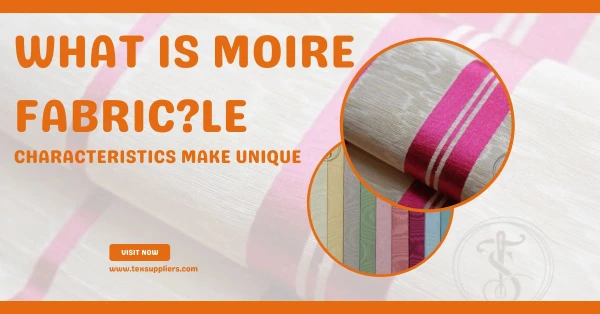
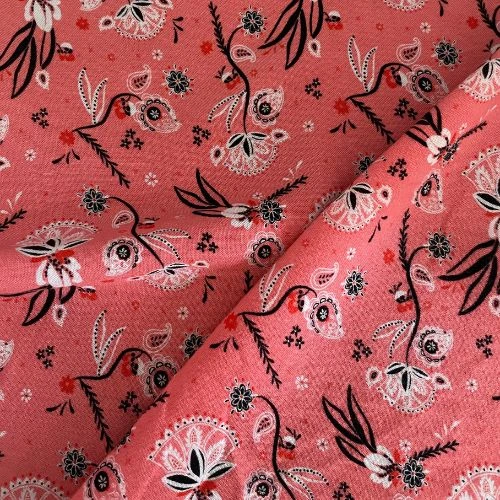
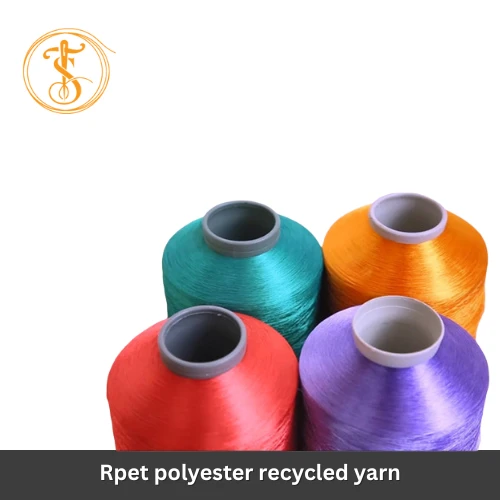
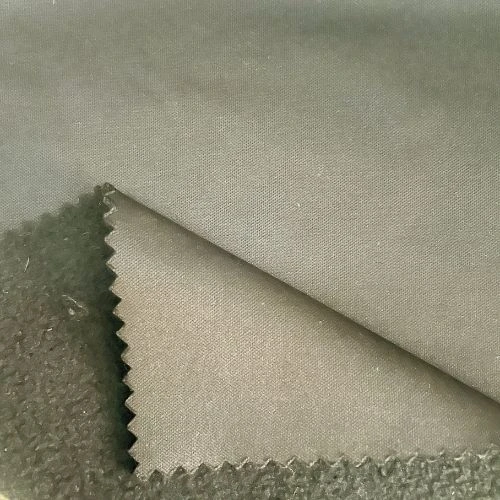
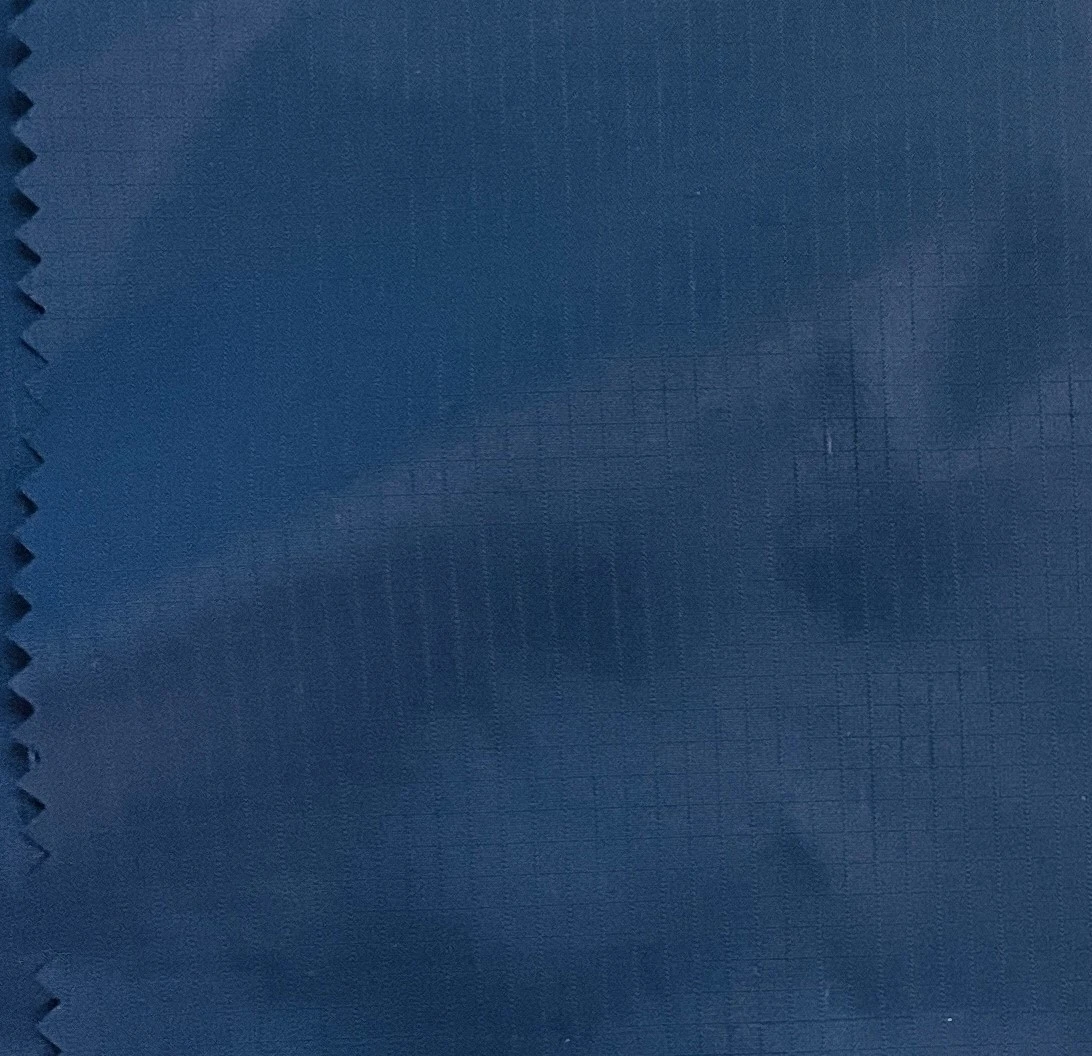
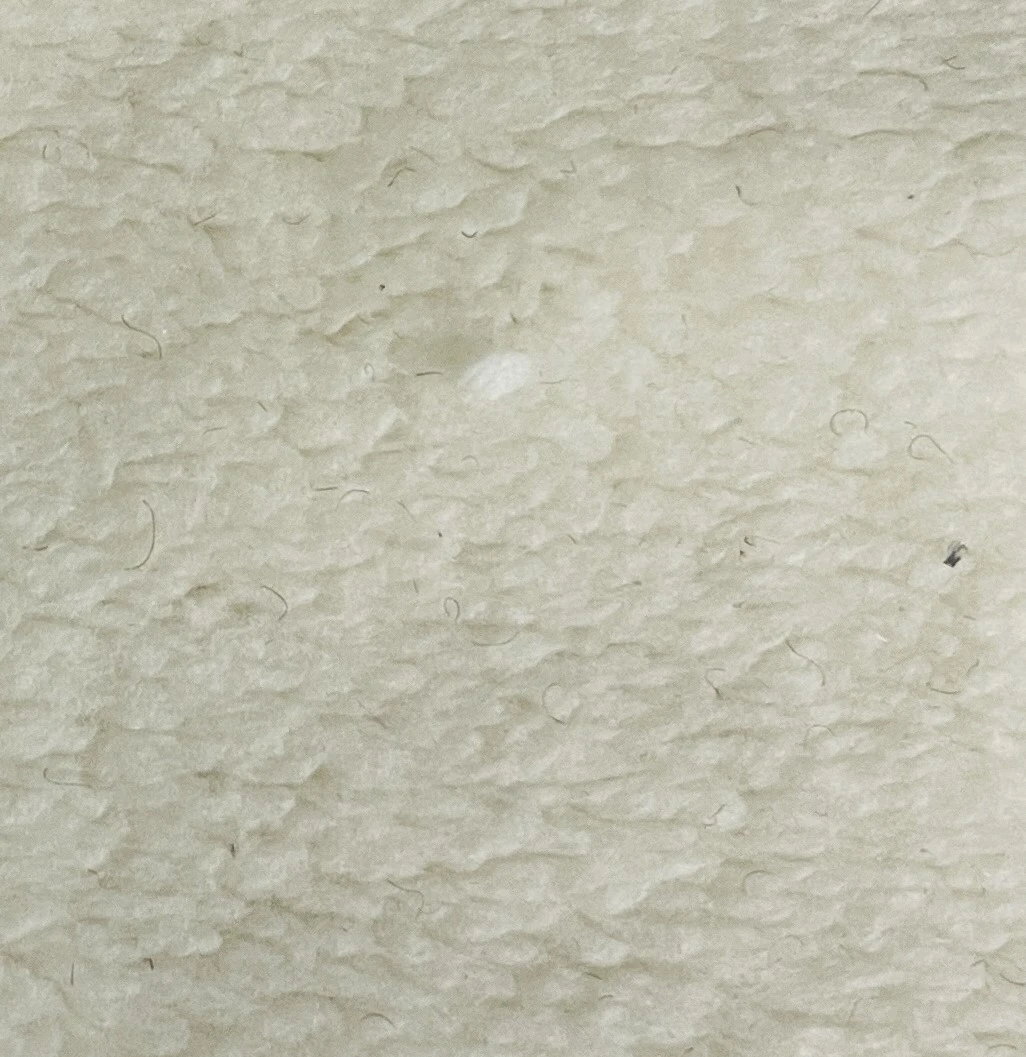

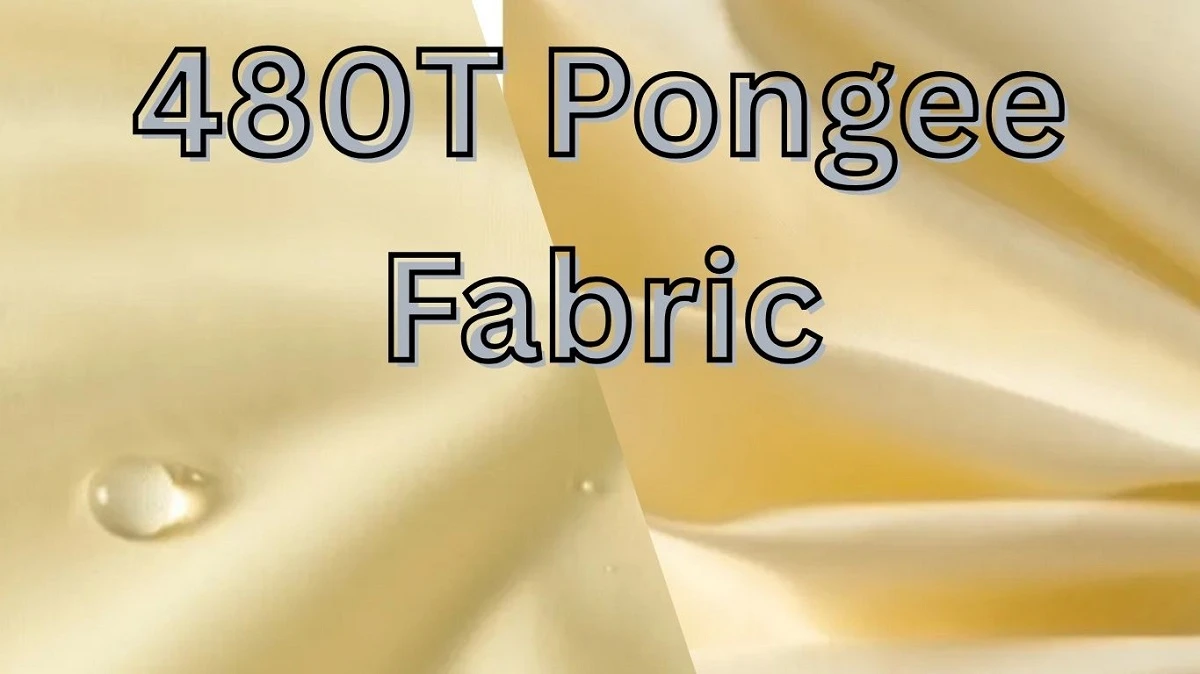
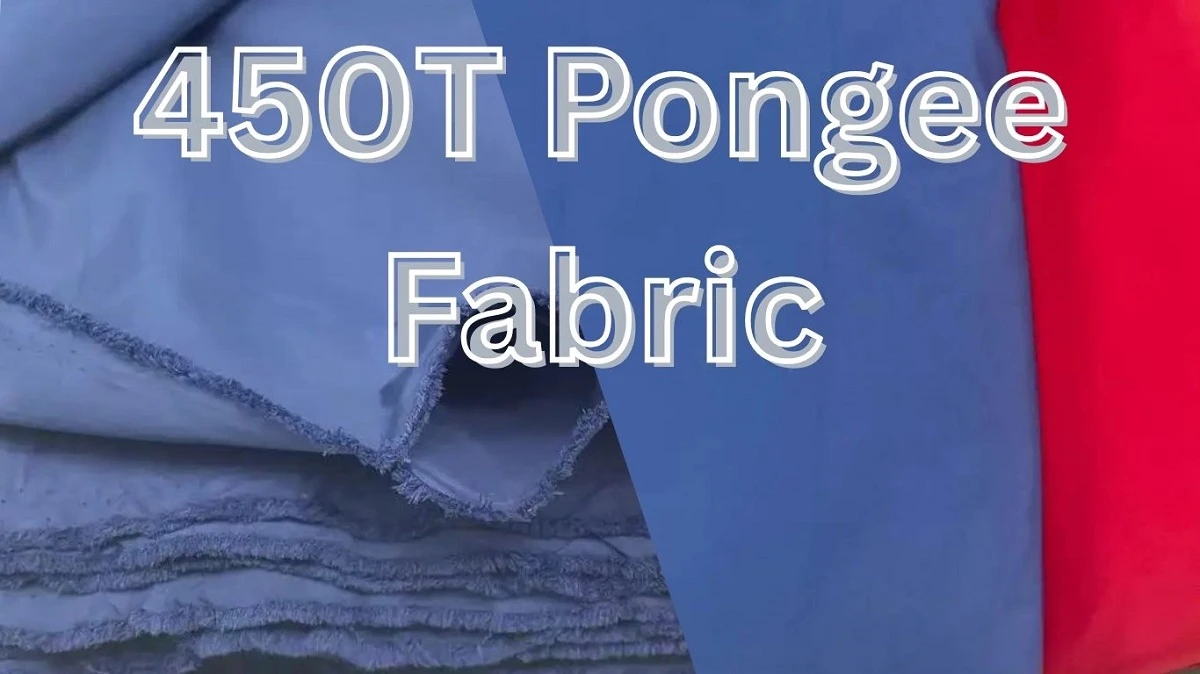
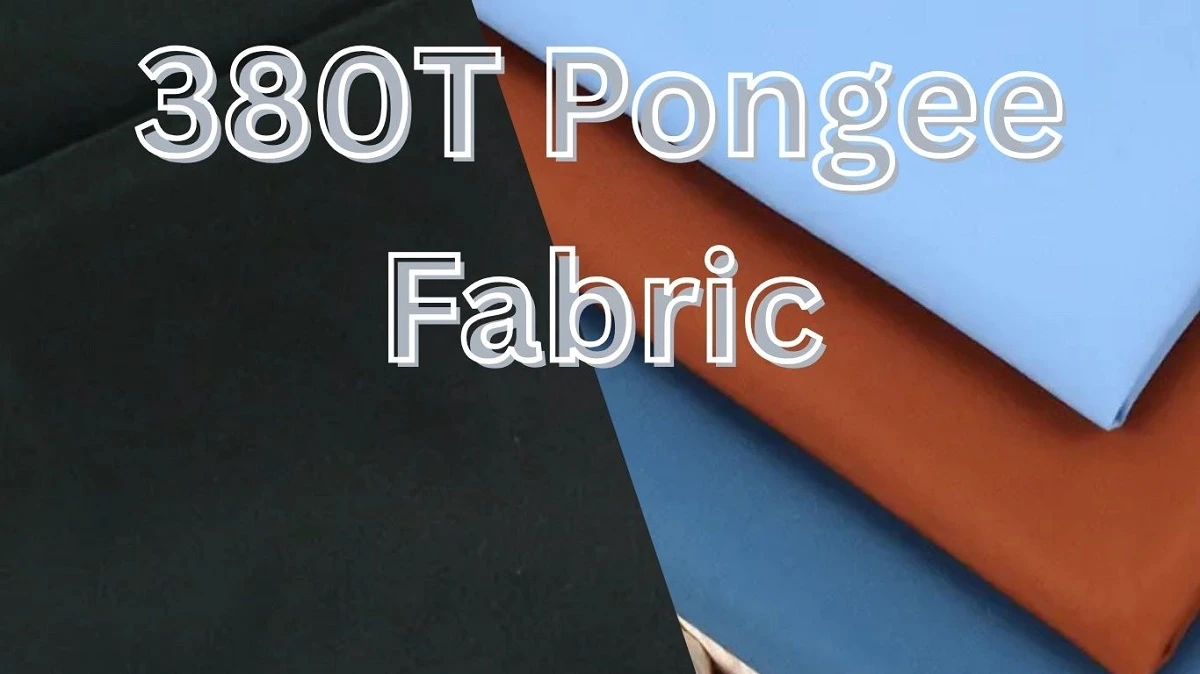
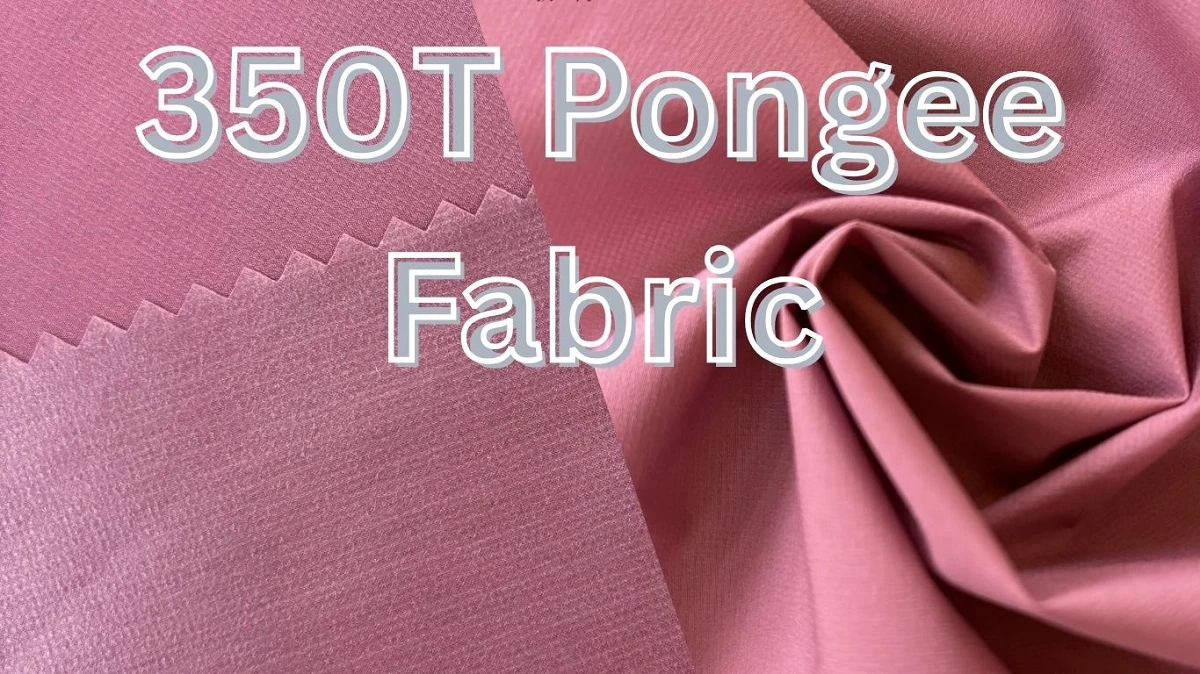
Comments - 00
Leave A Reply
Thanks for choosing to leave a comment.